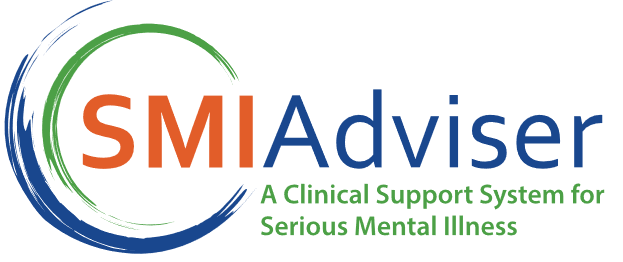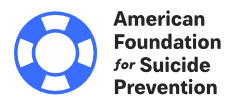Home > Assorted COVID-19 Resources



Developed by the APA Work Group on Telepsychiatry, this toolkit is an evolving resource for members who want to learn about the various aspects of telepsychiatry, including clinical, training, and policy considerations. As new topics emerge, more resources and information will be added to this toolkit. The toolkit covers topics from history, training, practice/clinical, reimbursement and legal issues from leading psychiatrists.
To provide support in the response to the novel coronavirus (COVID-19), APA is collecting authoritative and timely resources in this information hub.
This briefing note was developed by the Inter Agency Standing Committee Reference Group for Mental Health and Psychosocial Support (MHPSS) in Emergency Settings and summarizes key mental health and psychosocial support considerations in relation to the 2019 novel coronavirus (COVID-19) outbreak. Contents:
![]()
COVID-19 Guidance for Behavioral Health Residential Facilities
The National Council’s Strategic Partner, MTM Services, has created a series of free short videos about providing telehealth service. Browse the video collection here.
The National Indian Health Board is leading a national effort to advocate and secure resources for Tribes to respond to COVID-19. NIHB seeks to ensure that the Tribes remain informed on COVID 19, have the resources and assistance needed to respond to the pandemic, and that the Congress and Administration understand and address Tribal needs and priorities.

To help support the mental health community during the COVID-19 crisis, SMI Adviser provides timely and authoritative resources, education, consultation, tools and more. Let SMI Adviser help you navigate this evolving situation. This page offers guidance on how to support your patients and practice.
Submit any questions you have about COVID-19 and bipolar disorder, major recurrent depression, and schizophrenia. Within one business day, receive free, confidential evidence-based answers from a team of national experts in SMI.
A free online database containing evidence-based answers and resources on COVID-19 and serious mental illness (SMI), researched and vetted by clinical experts from SMI Adviser.
This free, on-demand webinar is timely and valuable overview on the latest developments, guidelines and best practices in telehealth during the COVID-19 era. This activity does not offer continuing education credit, only a certificate of participation.
This handout is for clients and patients who are transitioning to telehealth appointments.

Join the first session in this two-part series to learn about actionable and accessible strategies that diverse communities are initiating to move through these difficult times on April 23 from 12:00 pm - 1:30 pm PDT. Learn more and register here.
Part 2 is slated for May 21 at 12:00 pm PDT.
COVID-19 brings new health, economic and social crises on a daily basis. These crises especially affect lower-income, ethnic minority communities with job loss, food insecurity, and poorer access to health care. Information overload and cultural and linguistic gaps in information exacerbate anxiety, confusion, and uncertainty. National conversations underscore the growing need for mental health and emotional supports for individuals, families and providers across all populations. National Network to Eliminate Disparities in Behavioral Health (NNED) partner organizations across the country have rapidly pulled together—demonstrating collective strength, innovation, and new partnerships—to address the particular needs of their residents. This NNED Virtual Roundtable series will highlight issues associated with COVID-19, including:

This blog post from the American Foundation for Suicide Prevention (AFSP) provides five suggestions for coping with the uncertainty due to COVID-19.
The Suicide Prevention Resource Center (SPRC) has compiled a selection of web pages and information sheets on mental health and coping with the effects of COVID-19. These resources are a selection from key organizations in the field. This collection will be updated as new resources become available.
Promote Social Connectedness and Support. Social support and connection are key protective factors against suicide. Positive and supportive social relationships and community connections can help buffer the effects of risk factors in people’s lives. Programs and practices that promote social connectedness and support are one element of a comprehensive approach to suicide prevention.

